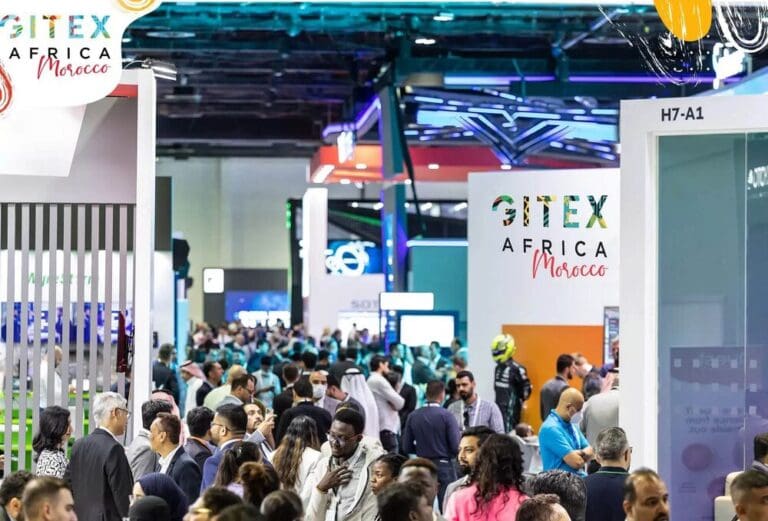Despite a context of a general decline in funding in Africa, Moroccan startups continue to shine. In 2024, they raised nearly $70 million, consolidating their position among the top five countries on the continent.
This impressive performance, although modest compared to that of African giants, is a testament to the resilience of a thriving ecosystem. However, to truly compete with the leaders of the African market, additional efforts are still needed.
Despite a difficult global environment, marked by a significant reduction in investments, Morocco has managed to hold its own. In 2024, Moroccan startups attracted nearly $70 million, according to the annual report “Africa: The Big Deal”. While this amount places the kingdom in fifth place in the continental ranking, it nevertheless
remains well below the performances achieved by its counterparts in the first four places: Kenya ($638 million), Nigeria ($410 million), Egypt ($400 million) and South Africa ($394 million).
These countries alone account for nearly 84 percent of the funding allocated to African startups.
However, in this context of strong competition, Morocco manages to surpass other emerging economies such as Ghana ($68 million), Tanzania ($53 million), Benin ($50 million), Côte d’Ivoire ($33 million) and Senegal ($22 million).
This place in the African top 5 reflects a promising dynamic, fueled by rapidly developing local ecosystems,
favorable public policies and a collective desire to support young companies with high potential.
The optimism is tempered by the fact that funding levels across the African continent are highly disparate. The “Africa: The Big Deal” report reveals that Africa as a whole has raised $2.2 billion in 2024 in the form of equity, debt and grants, a 25 percent decrease from 2023 ($2.9 billion) and a drop of more than 52 percent from $4.6
billion in 2022.
This contraction is a direct consequence of global economic uncertainty, but also of increased competition between African countries to attract investors.
In North Africa, funding fell by 35 percent, totaling $478 million in 2024, a decline largely due to Egypt, which saw its fundraising fall by 37 percent. Nevertheless, Egypt remains the largest recipient of this funding in the region, accounting for 84 percent of the funds allocated. Morocco, although more resilient to this trend, has not been able to reverse this downward dynamic, confirming that targeted efforts must be made to accelerate the growth of local startups.
Despite this decline in funding, 2024 was a pivotal year for the startup sector in Africa. The report highlights that, even if the total volume of investments has decreased, there are still signs of vitality in the continent’s technology ecosystems.
Morocco, with its incentive policies and structured support for young companies, reaffirms its ambition to play a key role in the African technology ecosystem.
MK/Sf/te/fss/as/APA


